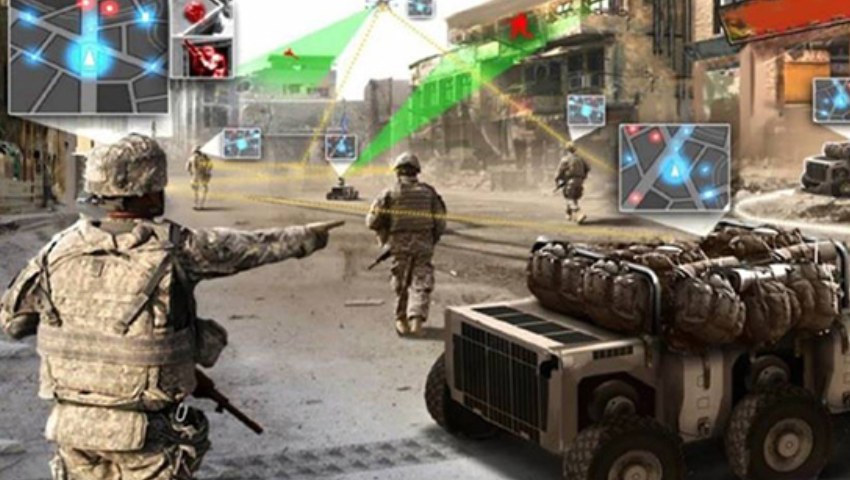Improving the transparency, interoperability, and flexibility of autonomous warfighting platforms is the primary objective of a new DARPA program.
To continue reading the rest of this article, please log in.
Create free account to get unlimited news articles and more!
The Defense Advanced Projects Research Agency (DARPA) has launched the Assured Neuro Symbolic Learning and Reasoning (ANSR) program, which aims to develop new, hybrid (neuro-symbolic) AI algorithms.
This aims to integrate symbolic reasoning with data-driven learning to create “robust, assured, and therefore trustworthy” technologies.
According to DARPA, traditional approaches to building intelligent applications and autonomous systems are inflexible to the uncertainties encountered in the warfighting space.
“Motivating new thinking and approaches in this space will help assure that autonomous systems will operate safely and perform as intended,” Dr Sandeep Neema, DARPA ANSR program manager, said.
“This will be integral to trust, which is key to the Department of Defense’s successful adoption of autonomy.”
ANSR is expected to explore diverse, hybrid architectures, which can be integrated with prior knowledge, acquire both statistical and symbolic knowledge through machine learning, and adapt learned representations.
This is set to involve the evaluation of hybrid AI techniques in military scenarios where “assurance and autonomy are mission-critical”.
Specifically, DARPA aims to develop a common operating picture of a dynamic, dense urban environment leveraging a fully autonomous system equipped with ANSR technologies.
The common operating picture would be designed to characterise friendly, adversarial and neutral entities, the operating environment, and threat and safety corridors.
[Related: DARPA shortlists teams for Mission-Integrated Network Control program ]

 Login
Login







